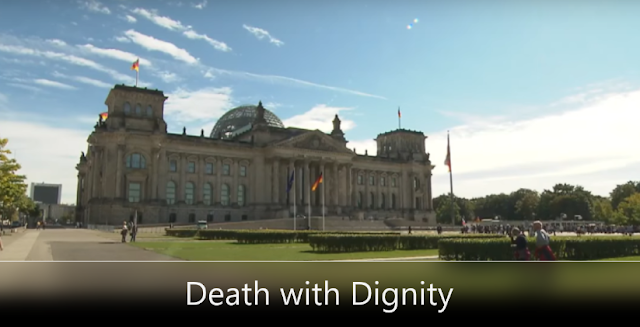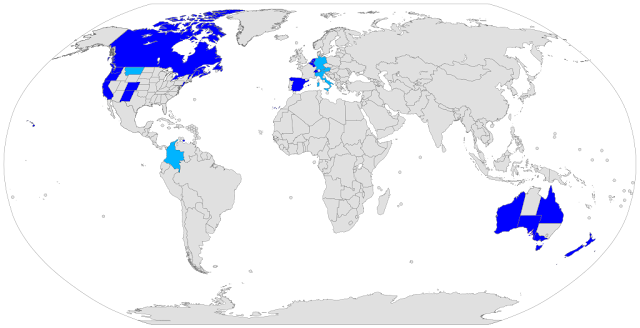International Human Rights Day - December 10th 2023
People should also be able to arrange their death in advance, should they lose their decision-making capacity - for example, someone suffering from Alzheimer's should be able to say: "If I can no longer recognize my wife or my children, I would like a doctor to facilitate my death" I have been carrying this thought in my anticipatory care and patient decree for many years - whether it will take place as I hope, I doubt (unfortunately).
I listen to critics who claim, without any basis, that vulnerable people may be pressured to opt for dying, and that the legalization of assisted dying would remove the incentive for better palliative care. These arguments lack a basis and contradict the facts I have seen, read, and personally experienced.
Many people opt for medical assistance in dying (MAID) after a long period of palliative care. In Oregon, where euthanasia is limited to individuals with a life expectancy of less than six months, 89% of patients cited quality of life as a concern, while only 6% mentioned the cost of continuing treatment, and people also have the right to decide against costs. I often experience, read, and learn about the contrast in attitude from care providers and medical professionals who believe that much can still be done with a person, and these people look forward to seeing their loved ones on Christmas or birthdays, albeit for a few minutes a day, 364 days a year. I think you might read the 'double message' in these last words.
A 2008 study found that a significant minority of those who chose euthanasia were not terminally ill and may have simply been tired of life. And this must be respected because of self-determination and human rights - the freedom of these people, their ideas and notions about life, dignity, and death.
Death is an inseparable part of life, and I believe it is important for everyone to remember that they will one day die, and to prepare for this.
On International Human Rights Day, December 10th, I would like to remind that 75 years after the signing of the "Universal Declaration of Human Rights", the "last human right", namely freedom of choice and self-determination over one's own life ending, combined with access to professional legal support for this, is still far from being practically accessible, let alone current law in so many countries. The ability to intervene in suffering (and thus one's own life) in a self-determined and well-considered way is a fundamental element of respect for human dignity and patient autonomy.
Let us never forget this.
Articles in this context
To where does my life extend, and where does the night begin?






Comments
Post a Comment